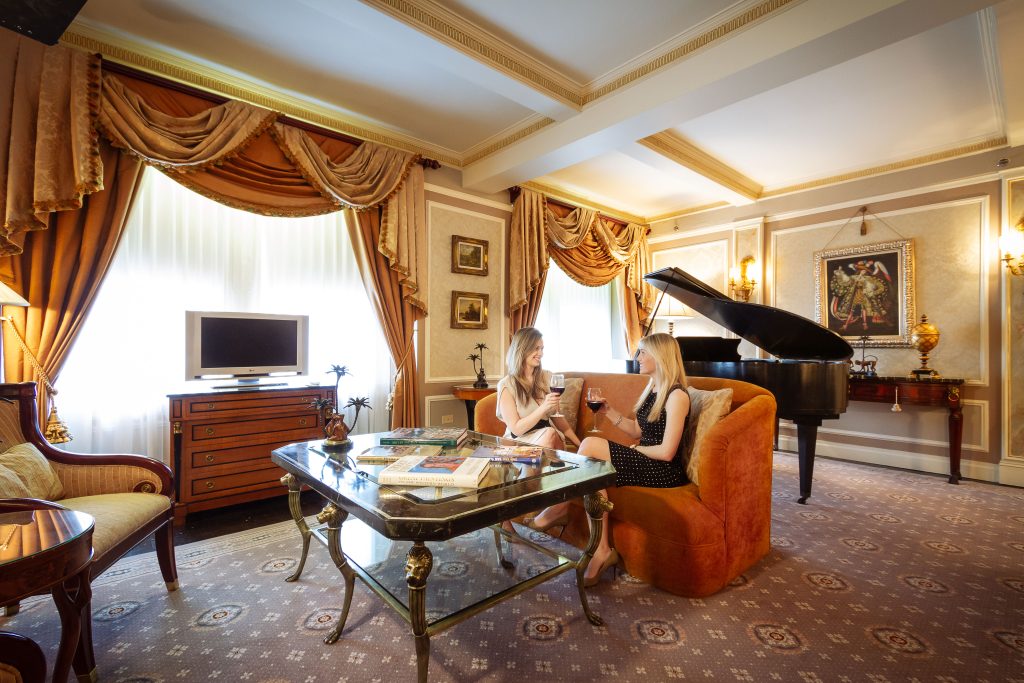The world of hospitality is a real pulsating microcosm in continuous evolution in which even the rules and principles of marketing and advertising are, in turn, in constant flux.
A few days ago, I talked about hotel photography and the characteristics that a hotel photographer should have with Eleonora Zoccoletti, CEO and mind of Swing Strategies, an emerging company in the marketing for hotels and more, but above all, a friend and professional partner.
The reasoning around which our discussion revolved was essentially this: if the world of hospitality does need attention and particular skills, consequently, hotel photography also needs professionals with certain peculiarities. So how should a hotel photographer be chosen?
I believe that to talk about this we should take a small step back and ask ourselves: what is hotel photography?
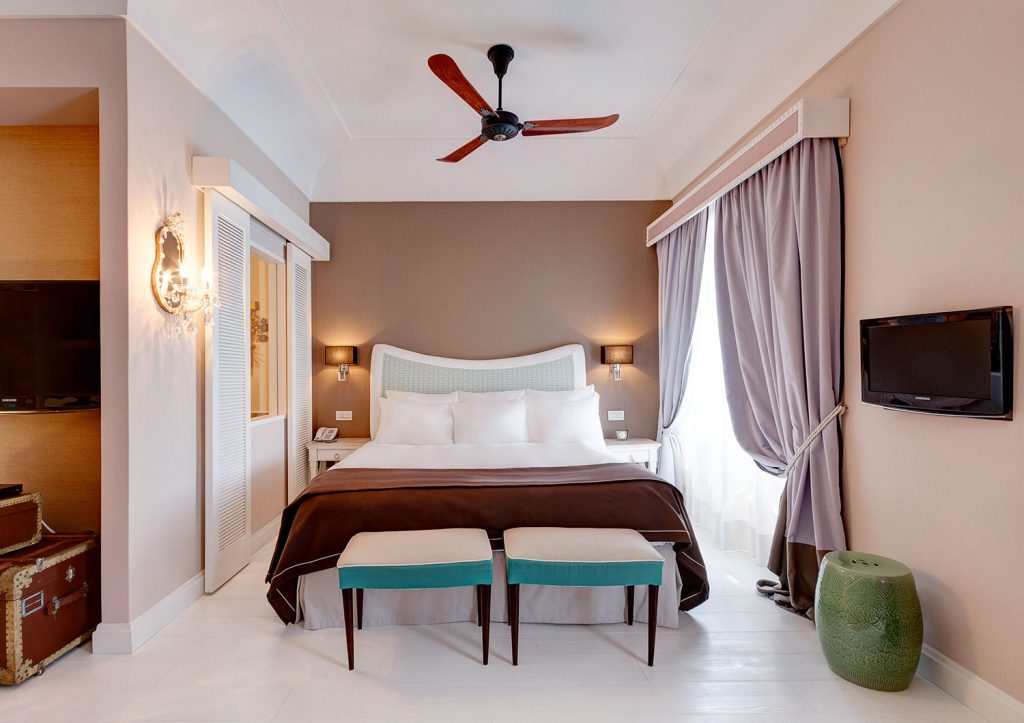
Photographing a hotel is more than a photo shoot; it’s about telling the brand identity of a hotel through images.
If you work as a hotel photographer, you often fall into other classifications, including travel photography, interior photography, editorial, lifestyle, and architectural photography.
Which one is correct?
In my opinion, they are all very close, but none capture the deeper meaning of being a hotel photographer.
Each hotel has its personality, identity, and unique values. Each hotel offers a different experience to its guests.
The photographer’s job is to create visual storytelling of all the intangibles to help the hotel attract customers.
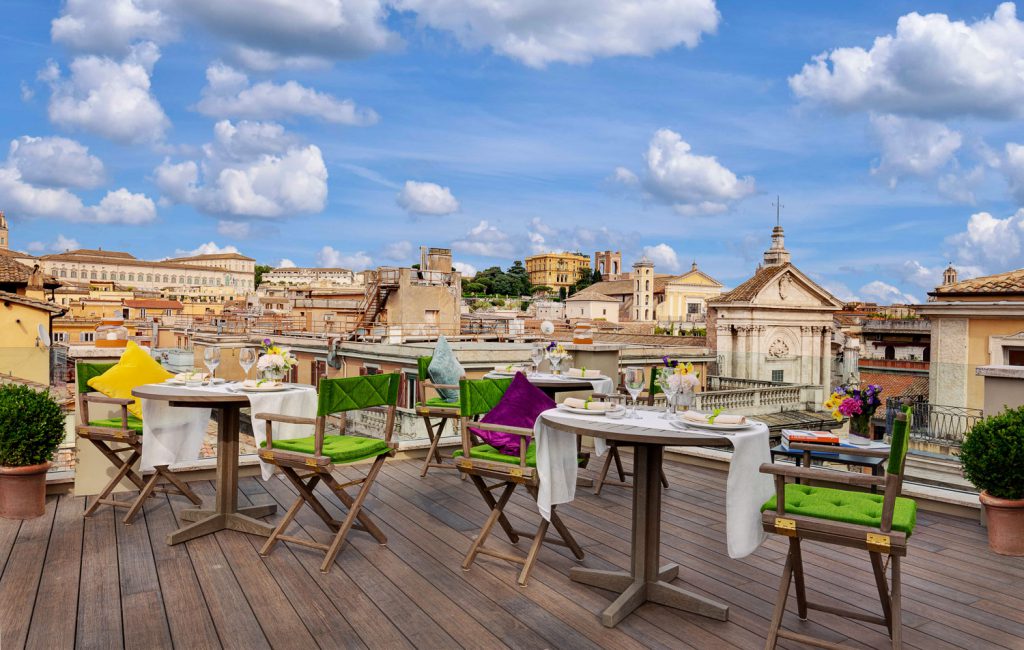
It means that the hotel photographer customizes and tailors each hotel project.
Working as a luxury hotel photographer might mean paying attention to the skyline over Toronto’s rooftop pool.
It might mean spending a warm winter afternoon capturing a celebrated architectural masterpiece while chasing horses along an endless expanse for another client.
Either way, they need to do much more than create a single fantastic photo. Still, by mixing sensitivity, technique, and experience, they must tell the story of a “brand” and the experience you can have by coming into contact with it.
Choosing a hotel photographer and untangling the dozens of portfolios of those who propose themselves as such is certainly not a simple task.
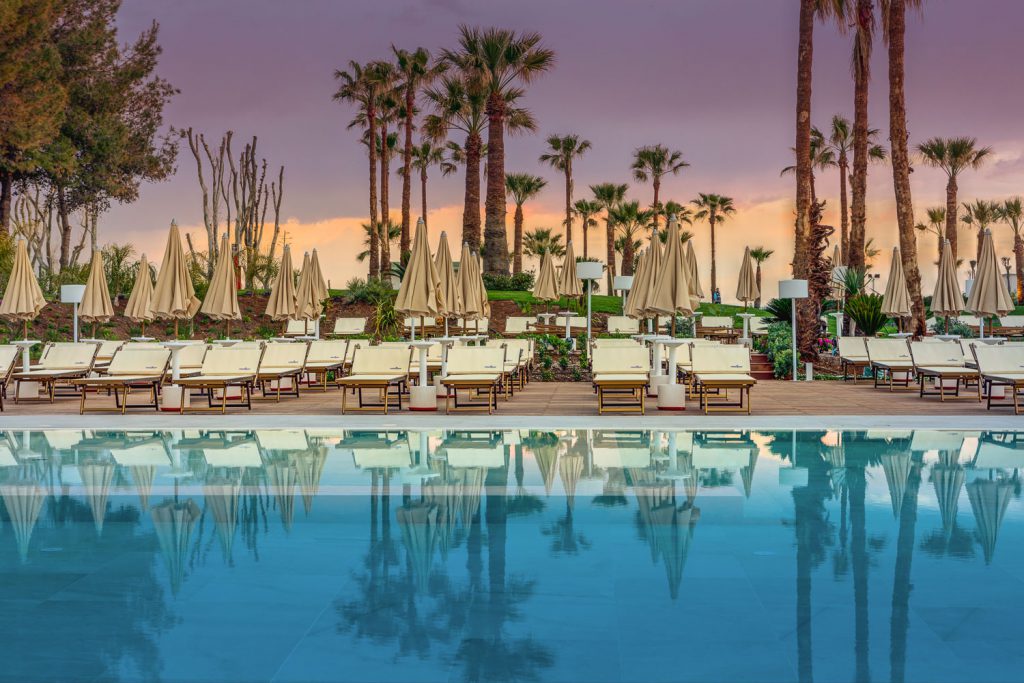
Riassumo qui di seguito alcuni punti a cui prestare attenzione che vi aiuteranno senza dubbio nella vI summarize below some points to pay attention to that will undoubtedly help you in your selection:
1) HOTEL IN THE PORTFOLIO
It may seem obvious, but it’s not: when you look at a photographer’s portfolio, make sure that his book includes hotel photography.
A good interior photographer is not necessarily a good hotel photographer.
It’s not enough to make beautiful architectural images to promote a hotel; he must have specific characteristics: show the rooms from different perspectives, enhance some details, hide others. A shooting in a hotel aims to help the structure maximize the sale of the rooms and show how excellent the design and furnishings are with shots of substantial visual impact whose beauty is only an end in itself.
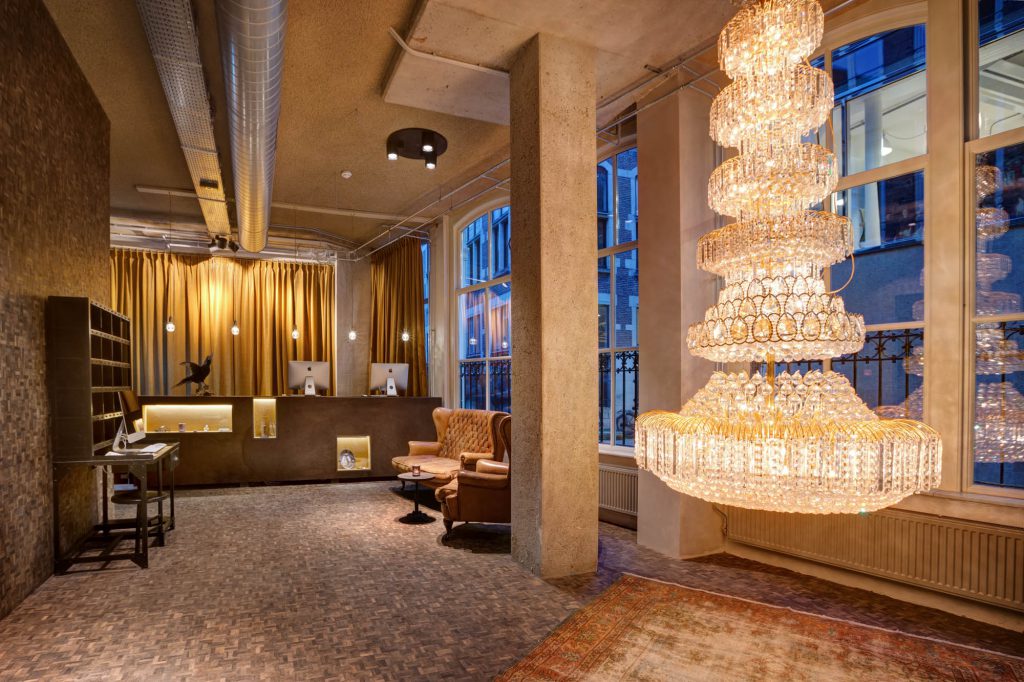
2) BED AND ROOM EDITING
The crucial part of a hotel photoshoot is the photography of the rooms: these are the actual product for sale. The most challenging part of the photos representing them is the beds’ images (I talked about this at length on my blog ).
What you need to do is look carefully at the photos of the beds in the portfolio of the photographer you are interested in and ask yourself a few questions:
- Are the sheets wrinkled, or have they been carefully edited?
- Does the retouching of the sheets have a fake look, or is it realistic?
- Are there other visible imperfections in the room that you would have liked to have seen retouched?
- Do the beds and rooms have annoying color dominants?
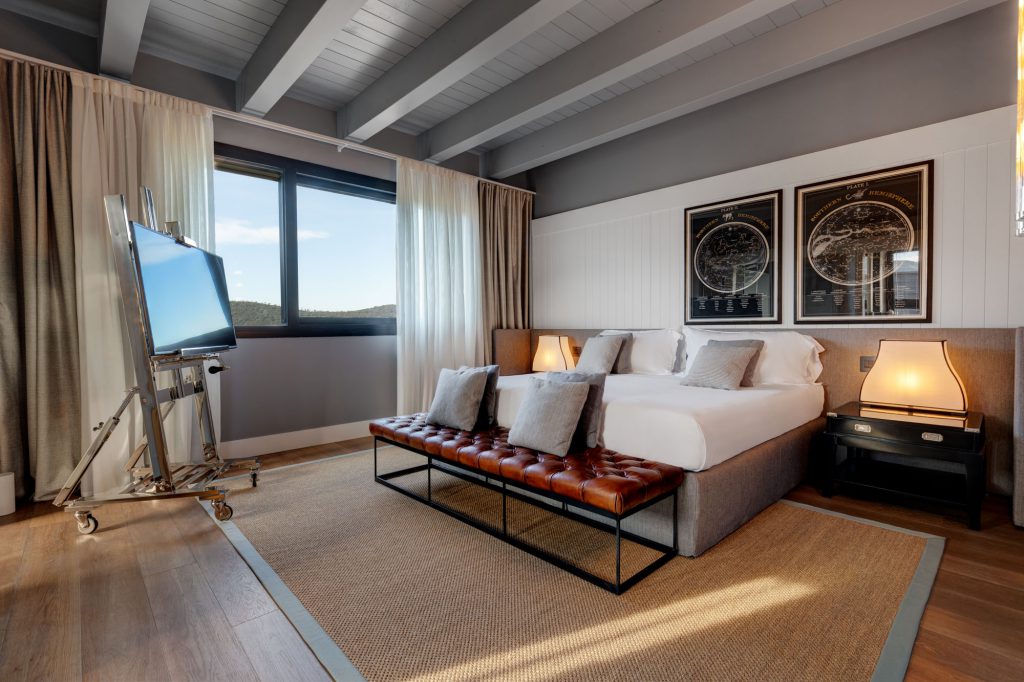
3) IT’S A METTER OF STYLE
Photography is always a creative discipline, even if it has an essential technological side. From the most famous like Salgado or Capa, all photographers to tiny amateurs have the precise style that identifies them.
Try to understand if the photographer’s style and his way of interpreting the rooms, of playing with the light, the tones and colors he usually emphasizes, the vision of the architecture and common spaces are in line with your ideas and expectations; and if all this is compatible with your hotel.
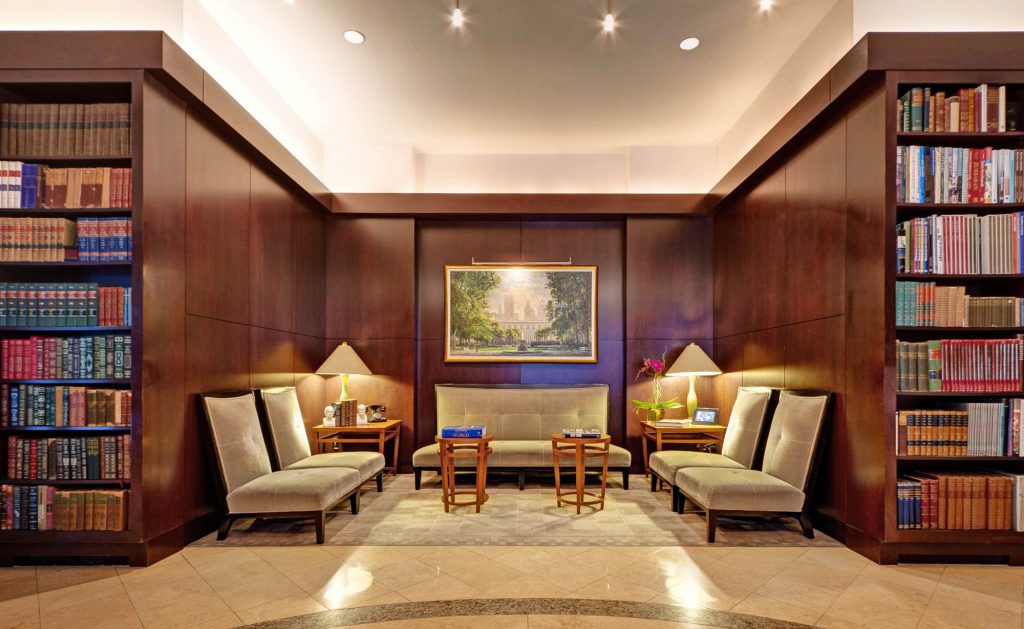
4) LANDSCAPES
Check that the photographer in question also deals with urban and natural landscapes. Consider the realization of some images of the main points of interest in the proximity of your hotel. These will tell something more about the hotel’s area mood.
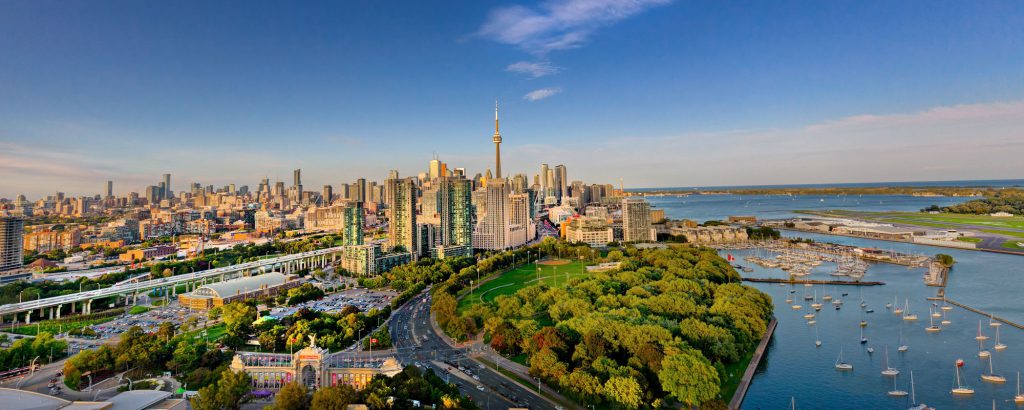
5) LIFESTYLE
Lifestyle images are between a reportage photo and a portrait: they are stories of real situations constructed ad hoc to make the viewer identify with the scene.
In promoting a hotel, you can use lifestyle images on the website to emotionally impact the image galley and daily communication on social networks where this photographic genre is trendy.
Check if there are lifestyle photos in the photoshoots in the photographer’s portfolio you want to contact.
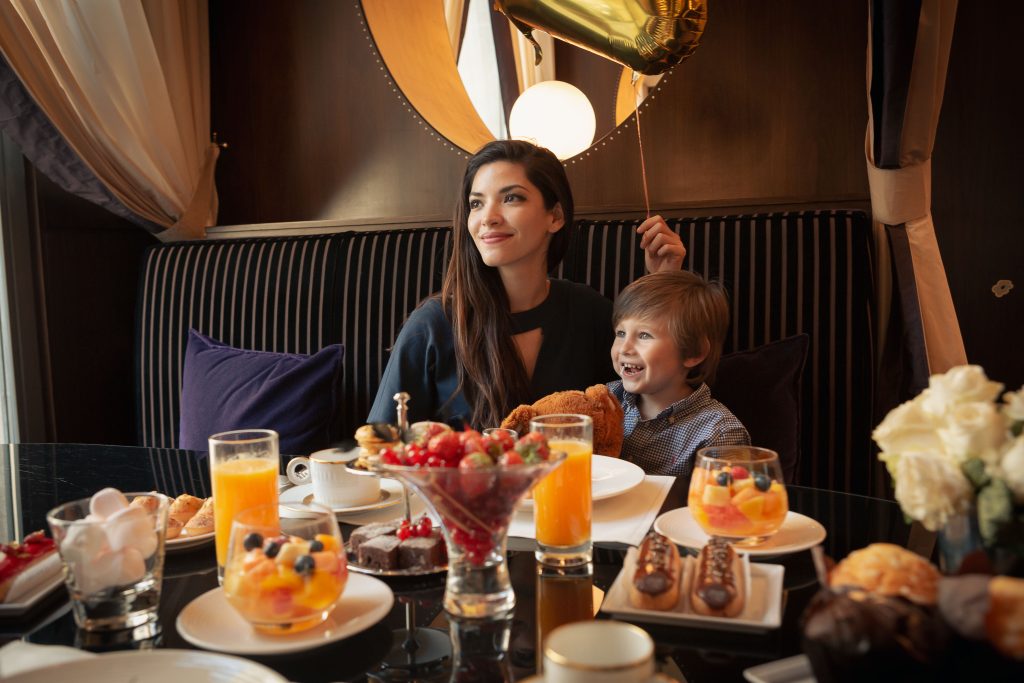
6) WEDDINGS
I know I’m about to write something very unpopular, even among my fellow friends, but I can’t help myself: avoid wedding photographers when choosing a hotel photographer.
Don’t get me wrong; I have nothing against wedding photography! And I won’t deny that in the phase of my life when my friends got married, I happened to do some of them.
For this very reason, I have a deep respect for those who do ceremonies, and at the same time, I consider it distant from the needs of a hotel.
Again, there are many reasons for this.
The main one is that a wedding photographer works with private clients and is not used to the approach, attention, and timing that a business client needs.
The second reason is specialization. In photography, as in any other discipline, practice and constant training lead you to improve. Being trained to frame subjects in motion is entirely different from working very static way paying attention to an infinite number of details needed for a tourist facility.
Finally, if a photographer’s portfolio includes weddings, that will most likely be his main occupation, not the others.
A photographer who has a purely business clientele has no interest or need in showing images of ceremonies in his book.
To give a practical example: you must have a knee operation. Do you see an orthopedist or endocrinologist? In the same way, hotels and weddings are two different things!
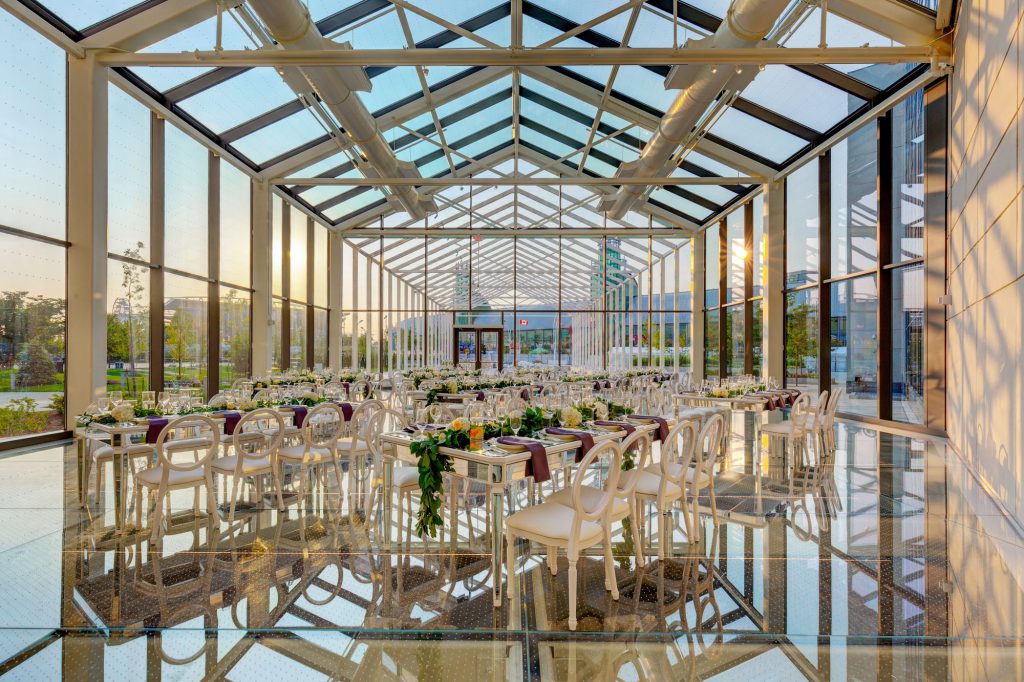
7) EXPERTS OF EVERYTHING
Avoid the all-knowing.
Let me explain: look at the menu of the website of the photographer you are examining. If there are entries of too many different photographic genres, discard them immediately!
In life, you cannot be good at the hotel, still life, portraits, fashion, reportage, landscapes, weddings, and astrophotography at the same time.
The digitization of the last twenty years has made it easier to approach professions requiring a high theoretical and technical specialization.
Photographers, graphic designers, and audio technicians, just to name a few, are among those who have suffered the most from this change.
Speaking of photography, I have professionally grown-up while the world was moving from film to digital.
Digital has made it much easier to obtain images with significant visual impact than film.
Even in the world of professionals, we have lost the sense of specialization.
Of course, taste, experience, and training continue to be fundamental factors that make a difference in the field.
Good photographers are good at one thing, or at least they focus the attention of potential clients on what they are most predisposed to and don’t need to show that they can do anything to get hired.
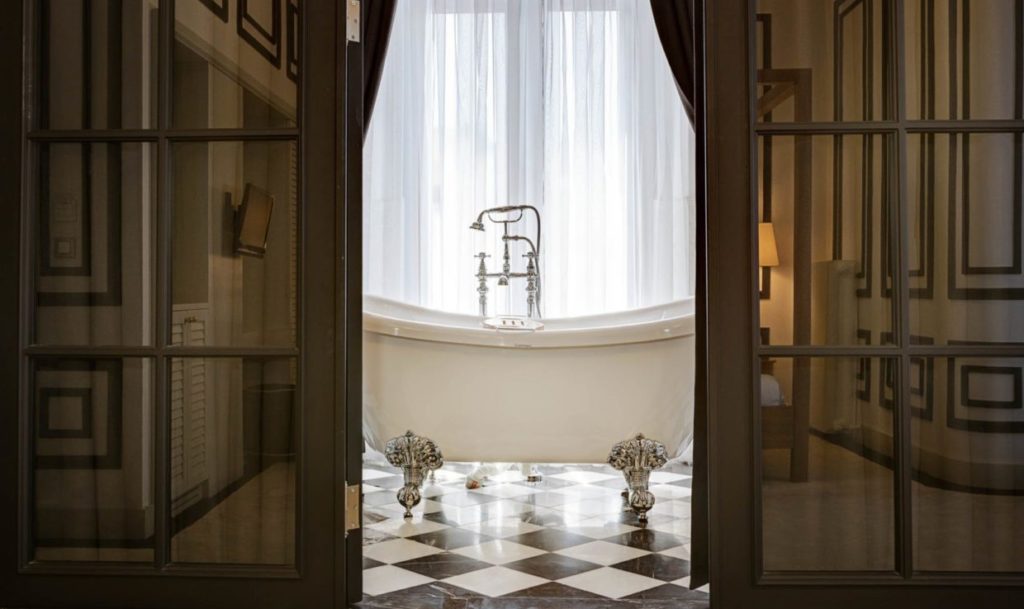
8) DO NOT CALL YOUR COUSIN
Childhood friends with the latest Canon released on the market, cousins who won the country’s photo contest the previous summer, revenue managers with the iPhone 11: well, these are not professional photographers specializing in hotels!
And I don’t think I need to dwell on that… right?
